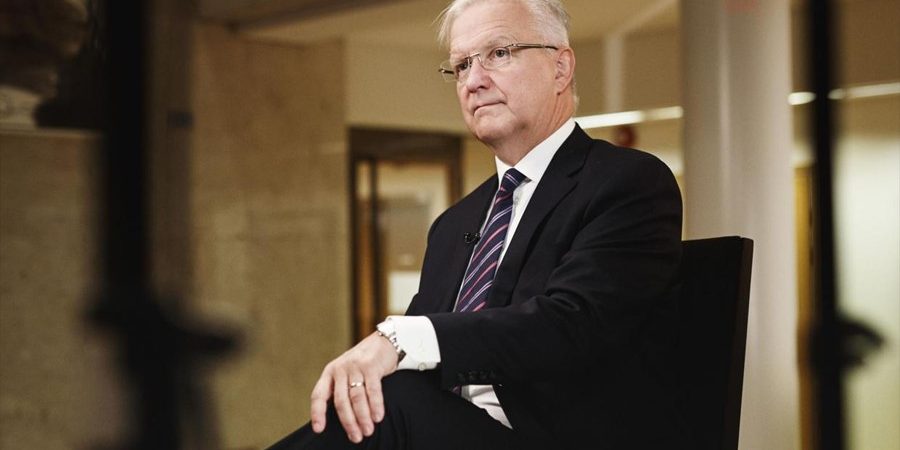The Governor of the Bank of Finland, Olli Rehn, believes that the digital euro, along with the use of private financial technologies, can facilitate cross-border payments in Europe.
Speaking at the University of California, the governor of the Central Bank of Finland, Olli Rehn, spoke out in favor of state digital currencies. In his opinion, privately developed cryptocurrencies are very unstable due to the lack of pegging to fiat currencies or precious metals. As for the digital euro, it could give people a wider choice of payment methods and make it easier to make payments.
On the other hand, Ren argues, the digitalization of the financial sector makes it more vulnerable to cyberattacks. Therefore, money laundering, financial crimes and other illegal activities provide a strong rationale for the introduction of the digital euro in order to increase the level of security in the digital age.
This month, the European Central Bank (ECB) named government stablecoins as the best way to make international payments. The regulator has criticized the Bitcoin network for slow transactions and high fees, calling it unsuitable for sending small amounts of money.
A few months ago, ECB executive committee member Fabio Panetta announced that the launch of the digital euro was planned for 2026. However, preparations for it will be completed by 2023, so the regulator will have enough time to conduct additional tests of its own digital currency.







